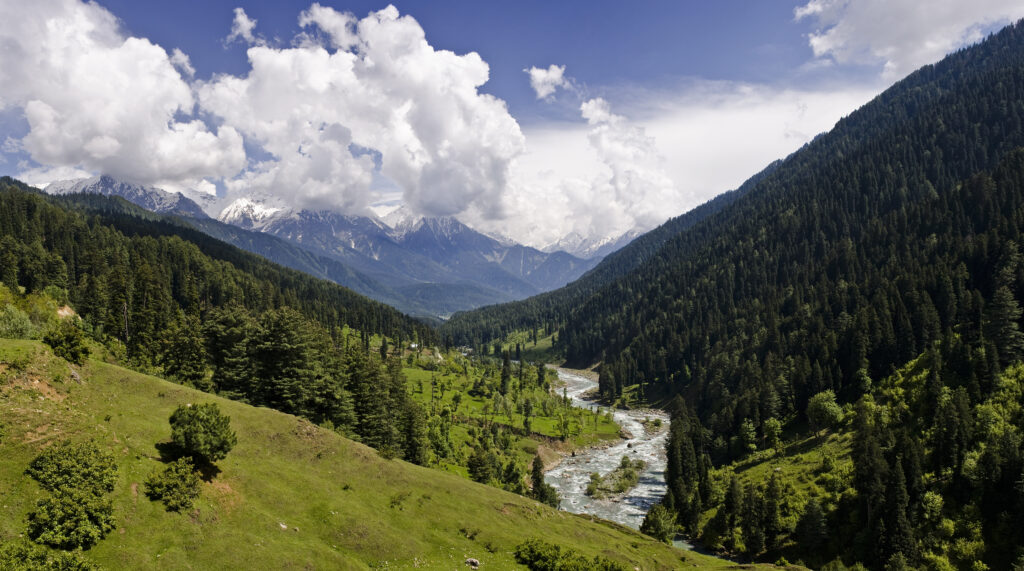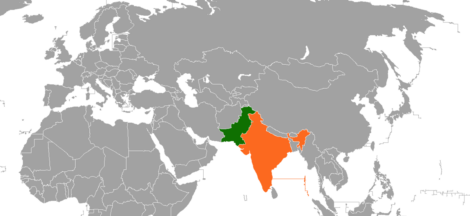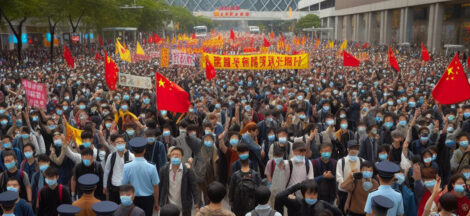The United Nations Security Council convened a confidential session on Monday to address the escalating tensions between India and Pakistan following the April 22 massacre in Pahalgam, Kashmir, which claimed the lives of 26 individuals, predominantly Hindu tourists. During the meeting, several member states scrutinized Pakistan’s alleged involvement and its subsequent rhetoric, according to diplomatic sources.
Pakistan, currently serving as a non-permanent member of the Council, initiated the closed-door consultations. Ambassador Asim Iftikhar Ahmad represented Islamabad, asserting Pakistan’s commitment to peace and its support for the Kashmiri people’s right to self-determination. He emphasized Pakistan’s adherence to the UN Charter and its dedication to multilateralism.
The Security Council session was prompted by the brutal attack in Baisaran Valley, Pahalgam, where five militants, armed with AK-47s and M4 carbines, targeted tourists. Eyewitnesses reported that the assailants, disguised in camouflage, segregated the victims based on religion, executing those identified as Hindus. The Resistance Front, initially claiming responsibility, later retracted its statement. Indian authorities have linked the attack to Lashkar-e-Taiba, suggesting directives from Pakistan’s Inter-Services Intelligence .
In response, India has undertaken significant diplomatic and security measures. These include suspending the Indus Waters Treaty, expelling Pakistani diplomats, closing borders, and banning Pakistani imports. Military exchanges have intensified along the Line of Control, with both nations accusing each other of ceasefire violations.
The international community has expressed concern over the deteriorating situation. Countries such as the United States, China, Russia, and Saudi Arabia have urged both nations to exercise restraint and engage in dialogue. UN Secretary-General António Guterres condemned the attack, emphasizing the need for accountability and the protection of civilians.
Within Kashmir, the Indian government’s crackdown has led to the detention of over 2,000 residents under anti-terrorism laws. Reports indicate that homes of alleged militants’ families have been demolished, drawing criticism from human rights organizations. Residents describe the atmosphere as oppressive, with increased surveillance and restrictions on movement.




 Pakistan’s Military Vows Forceful Response
Pakistan’s Military Vows Forceful Response 